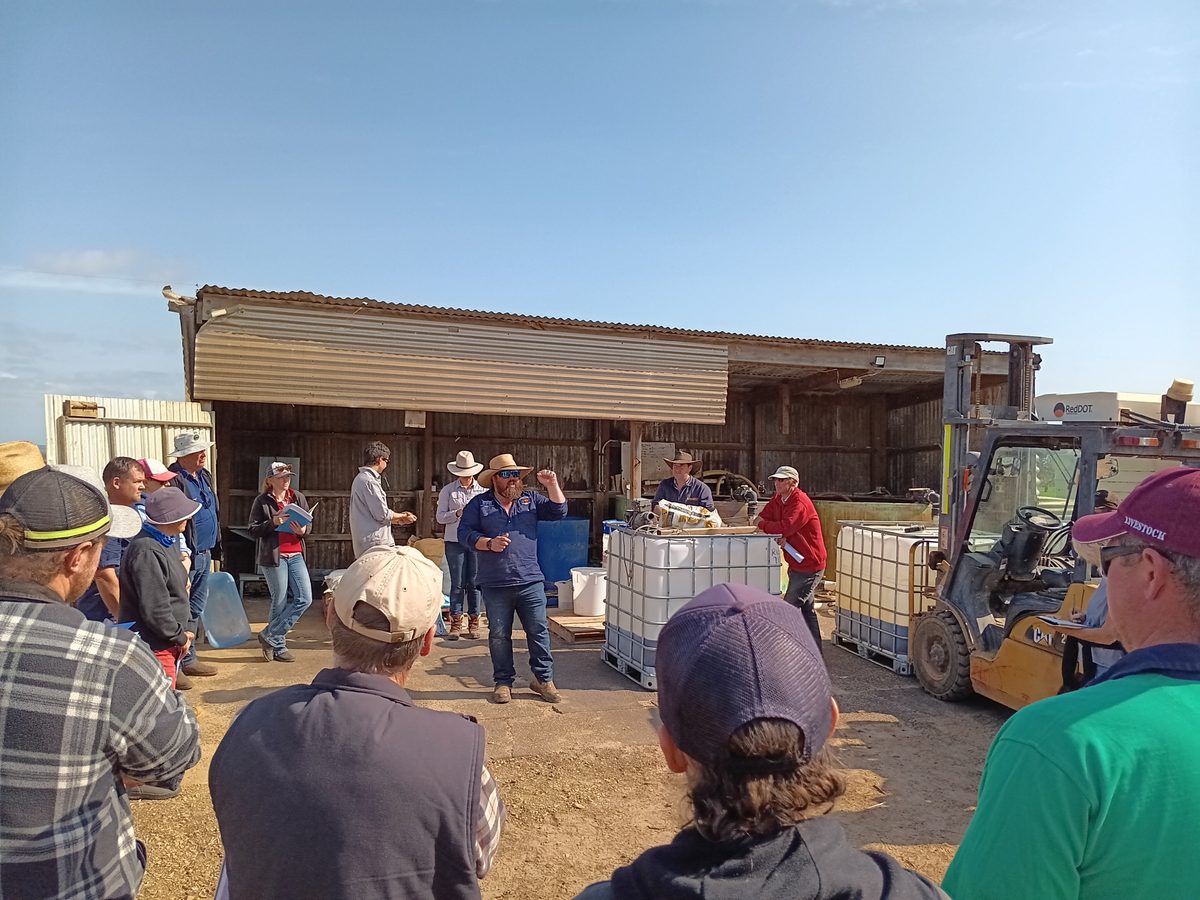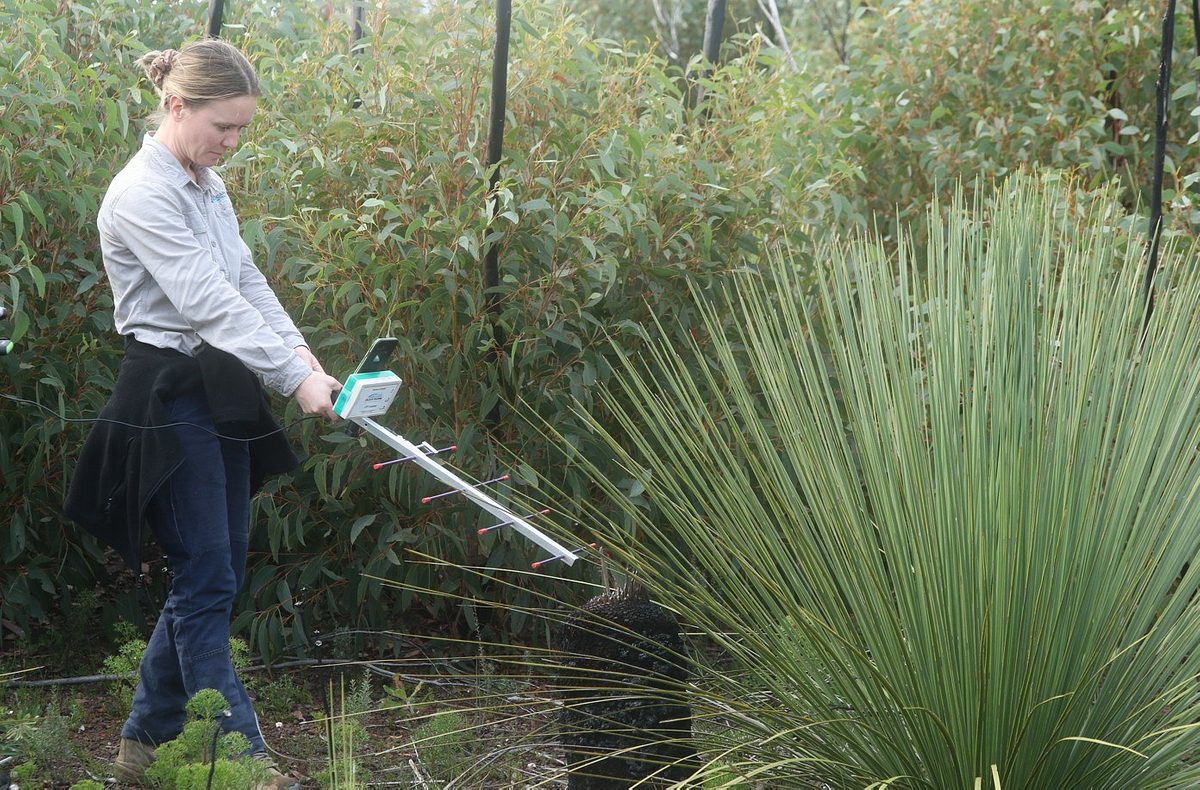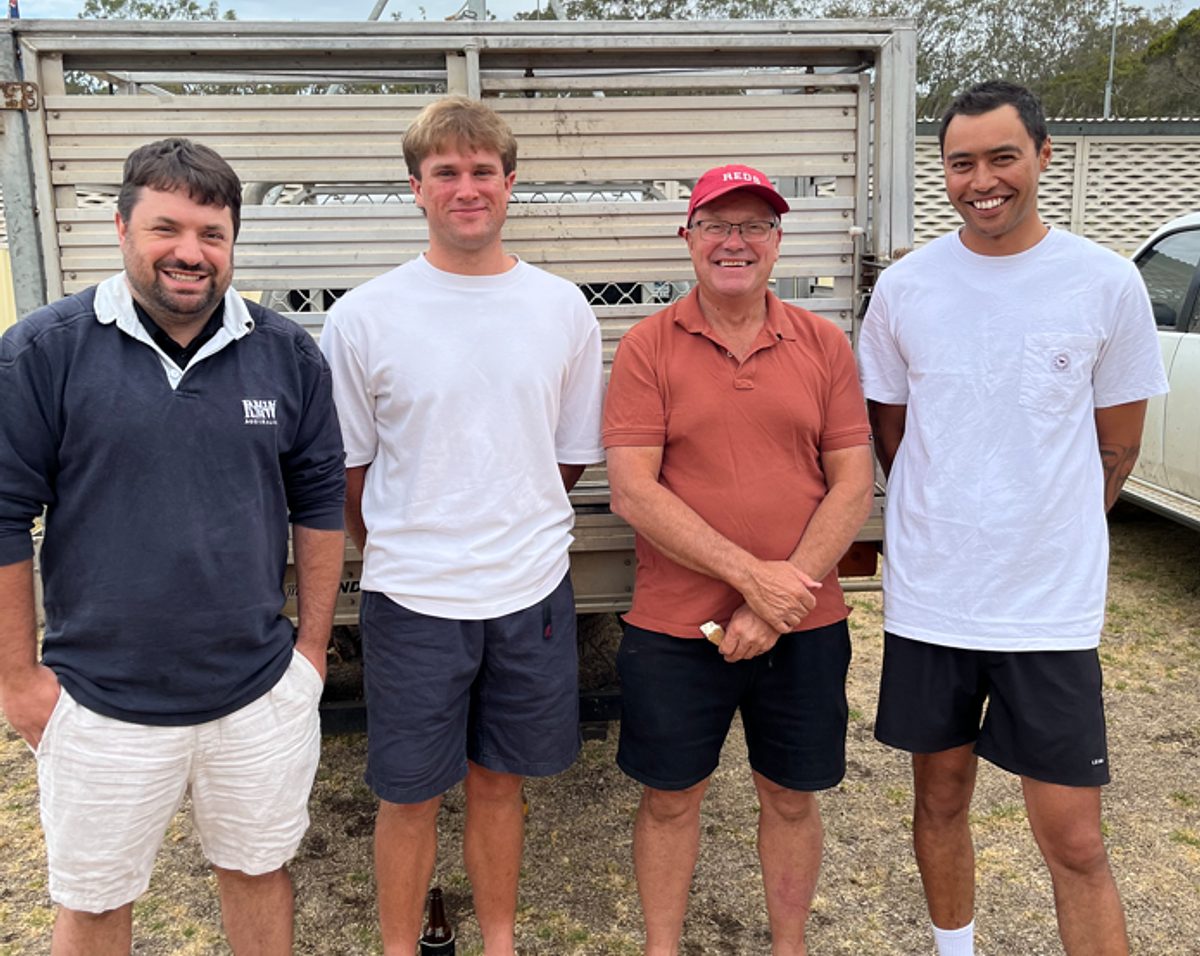Controlling invertebrate pests on Kangaroo Island
Two workshops in August provided information on a variety of control techniques for invertebrate pests. Local farmers, vignerons and gardeners who attended learned that it is possible to achieve better pest control with fewer insecticides.
In August the Kangaroo Island Landscape Board (KILB) hosted two Integrated Pest Management (IPM) workshops, which provided information on a variety of control techniques that can be employed when controlling invertebrate pests. Local farmers, vignerons and gardeners who attended learned that it is possible to achieve better pest control with fewer insecticides.
The workshops were delivered by Dr Paul Horne, who has provided advice on IPM on the island on a number of occasions.
One workshop was general in nature and targeted all growers and the other was delivered specifically for vignerons. IPM strategies were developed to address problem invertebrate pests identified by attendees at each workshop.
IPM considers three aspects of control for invertebrate pests: biological, cultural and chemical. Biological control techniques involve encouraging the presence of invertebrate predators and parasites species that will eat or parasitise the pest. Cultural control techniques involve employing management actions that can reduce pest numbers. Chemical control techniques are used as a last resort and involve using chemicals that have no or minimal impact on beneficial predators and parasites or timing the use of chemicals to minimise the impact on the beneficial predators and parasites.
Dr Horne and colleague Rebecca Addison also visited a number of paddocks and vineyards on the island. Problematic pests found included slugs, aphids, lucerne fleas and red legged earth mites (RLEM).
Fortunately, Kangaroo Island has many native predators including ladybirds, hoverflies, lacewings and spiders that exist in the natural environment. There are also different wasp species that parasitise aphids and caterpillars, and control pest populations.
Comments Attributed to Venetia Bolwell, Regional Agricultural Landcare Facilitator (RALF) at the KILB: “IPM is a useful technique for all landholders, from croppers and grazers to vignerons and the home gardener. It promotes survival of beneficial insects that are pest enemies and helps reduce the impact of plant pests. If pests are found to be causing damage, IPM can help. We are here and ready to support all land managers who are interested in IPM or other useful techniques promoted by the KILB”.
Please visit the IPM webpage for details of the IPM strategies developed at the workshops, including recommended pesticides that have reduced impacts on beneficial invertebrate predators and parasites.



